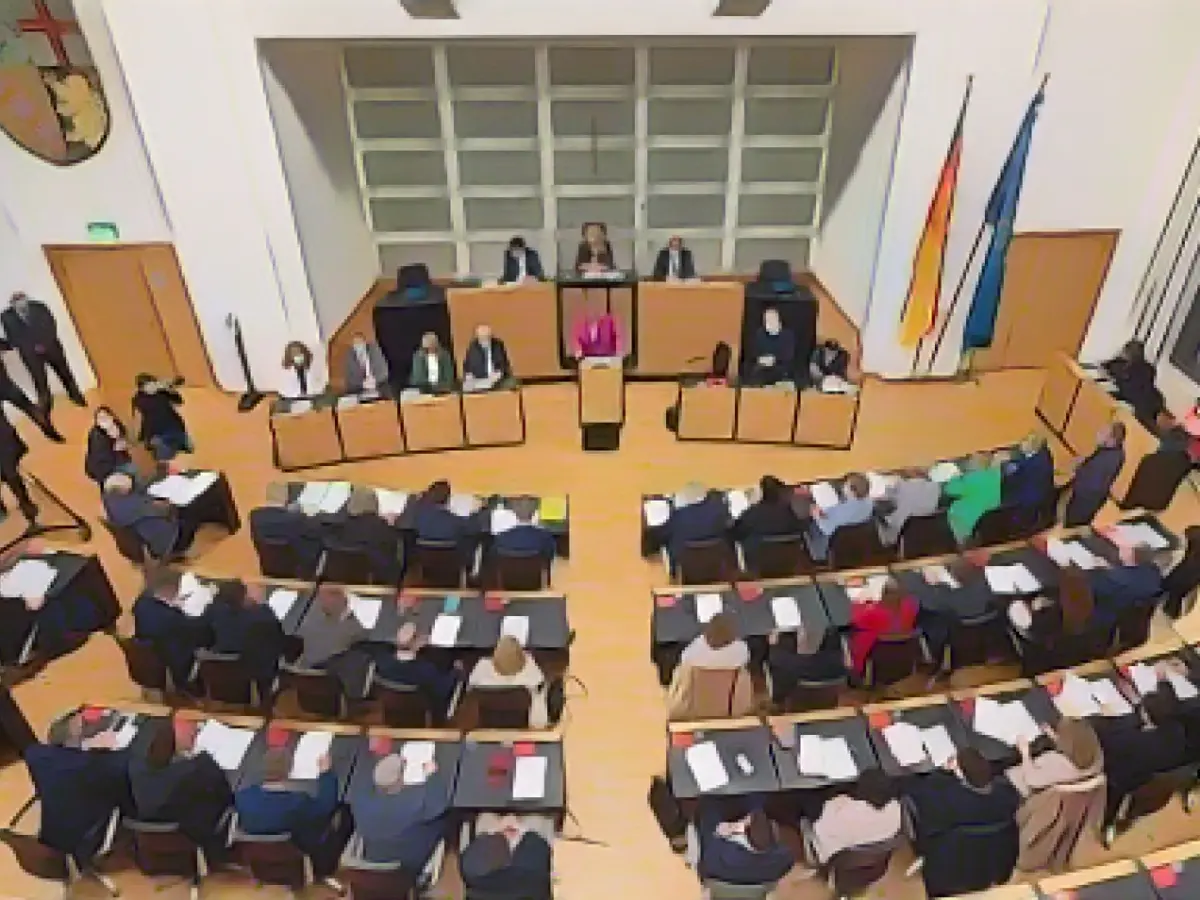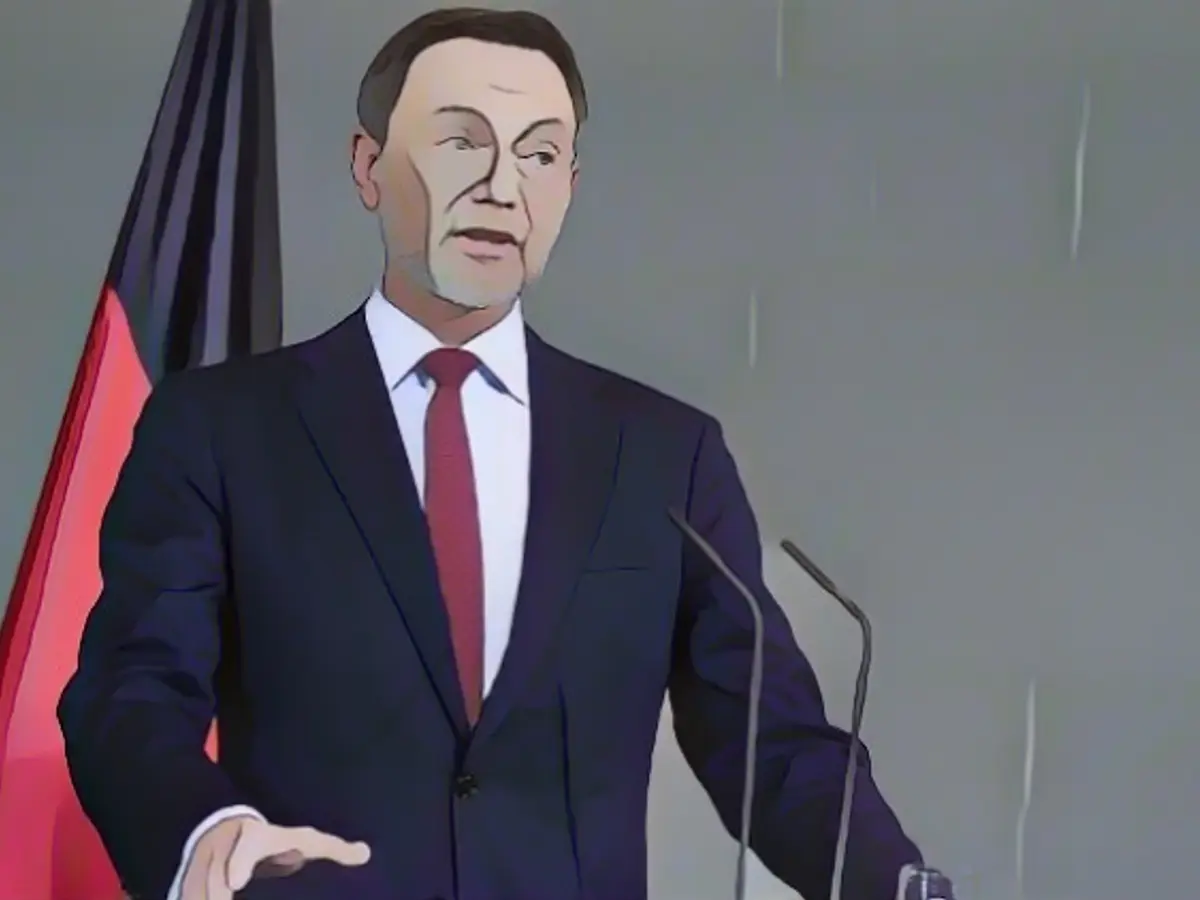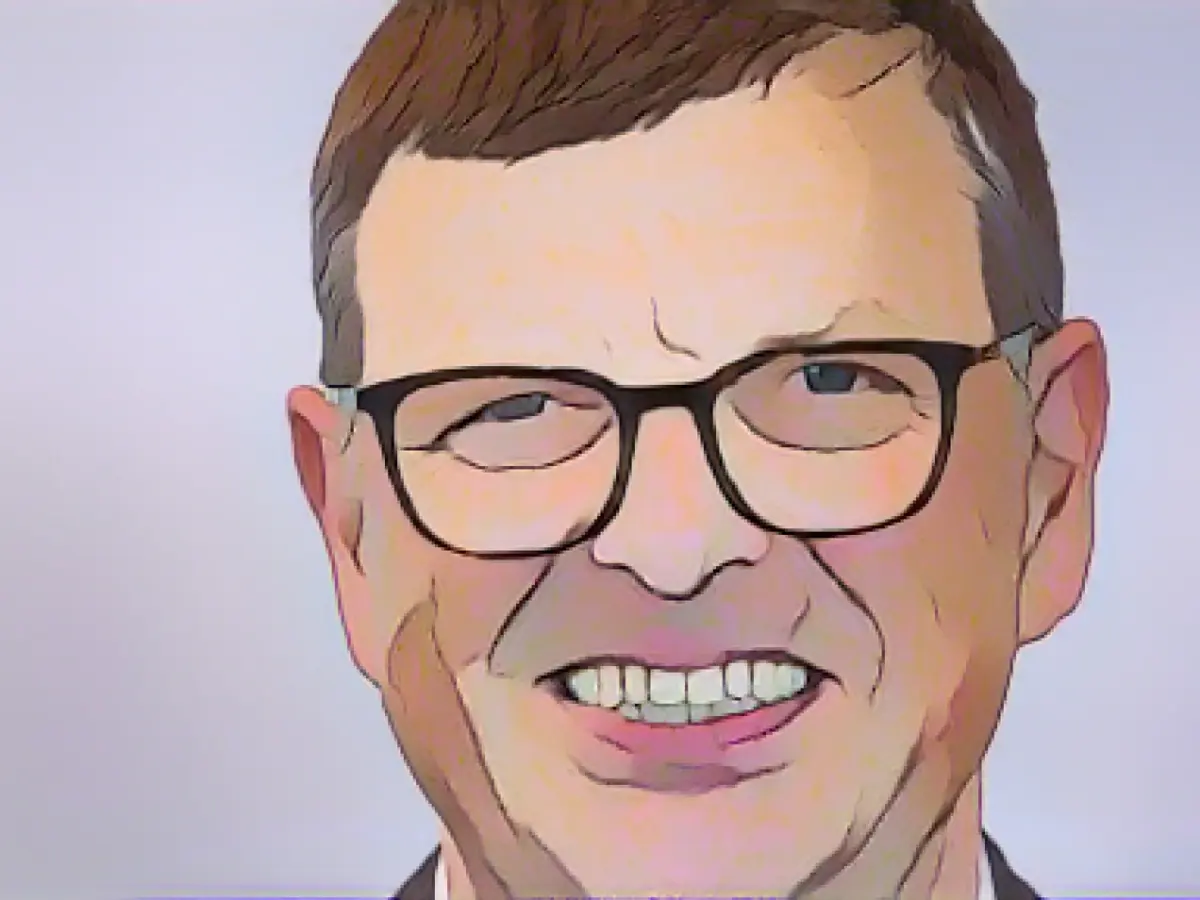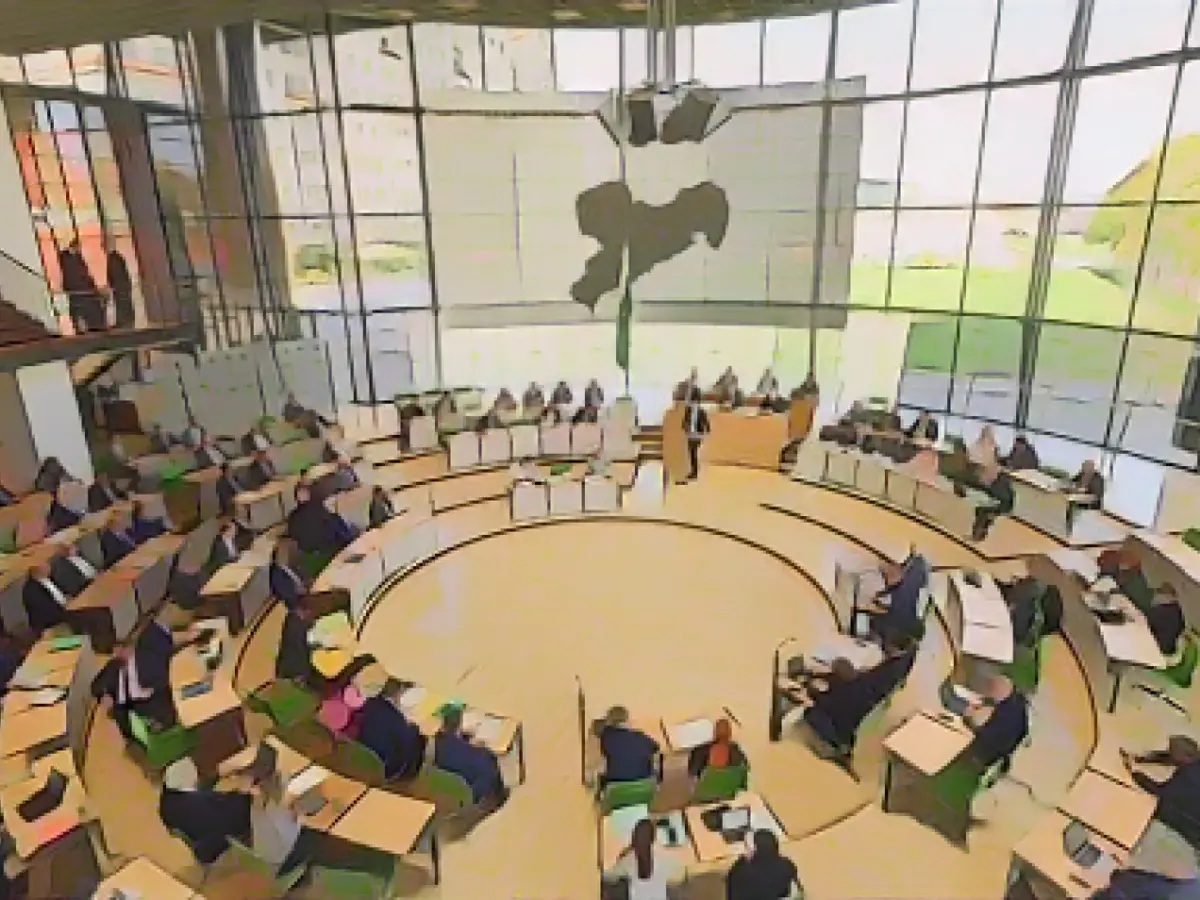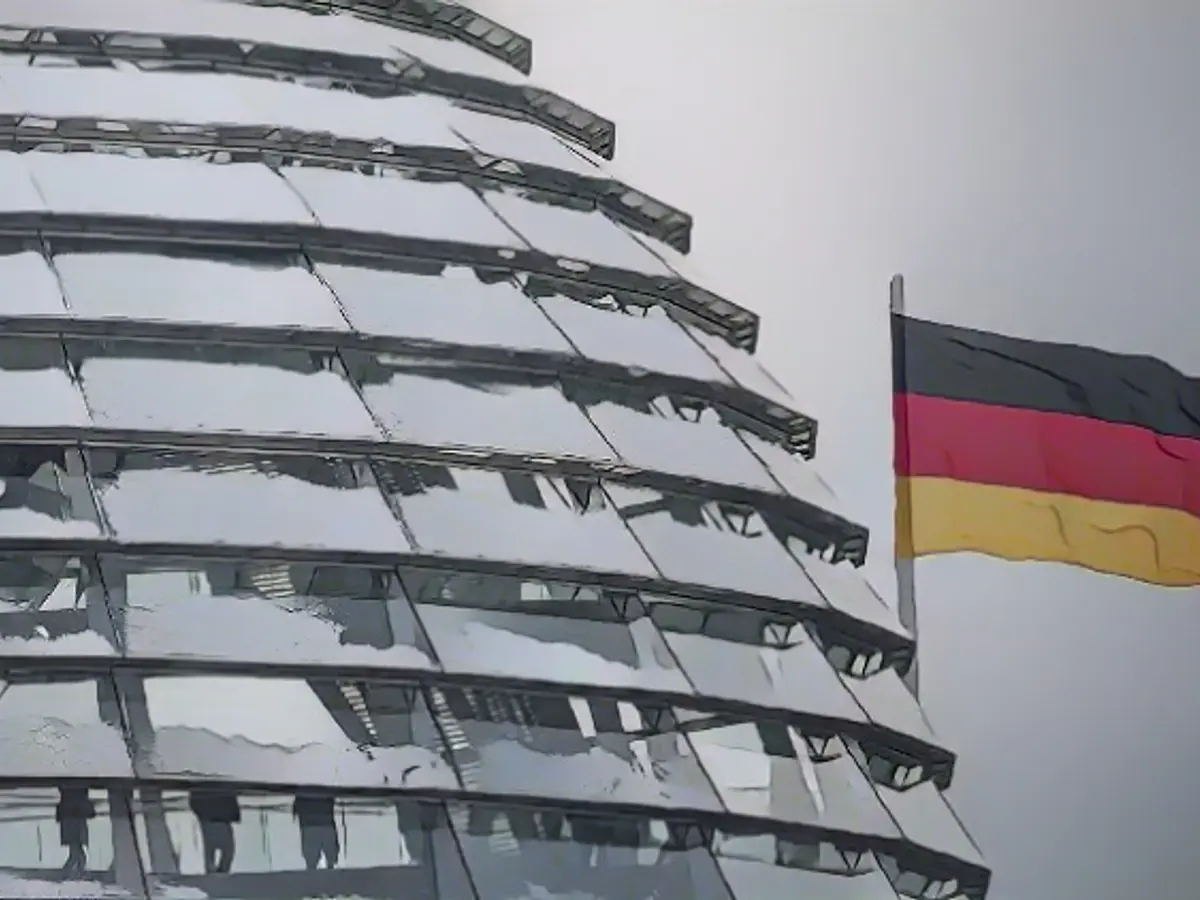The Saarland parliament, led by the SPD, is set to declare an "extraordinary situation" on Tuesday, suspending the debt brake for the 2023 and 2024 state budgets. This move aims to secure access to a transformation fund, primarily financed by debt, despite the Federal Constitutional Court's ruling on the debt brake.
Opposition leader Stephan Toscani of the CDU raised doubts about the long-term effectiveness of annual emergency declarations overriding the debt brake. He urged a postponement of the budget resolution until the plenary session in January.
The extraordinary situation justification stems from the ongoing effects of the Russian invasion of Ukraine, the energy price crisis, and the industrial shift towards climate neutrality. Moreover, the Covid-19 pandemic's aftermath still demands substantial expenditure.
Factors at play:
- Economic Fallout of Pandemics: Remnants of the pandemic's economic impact necessitate additional funding.
- Debt Brake Suspension: Suspending the debt brake provides flexibility in addressing the pandemic's financial strain.
- Exceptional Circumstances: Declaring an extraordinary situation allows for extraordinary measures, pushing beyond debt brake limitations.
Potential repercussions:
- Legal Challenges: The Federal Constitutional Court might scrutinize the suspension of the debt brake, considering its previous rulings.
- Financial Implications: Suspension of the debt brake could lead to higher public debt and future fiscal challenges.
- Political Considerations: The move reflects political will to address crises, but balancing short-term measures and long-term fiscal sustainability is crucial.
- Trust in Government: Adept handling of debt brake suspension could restore public trust in government's ability to manage the economy and crises. Conversely, mismanagement may further erode trust in democratic institutions.
[1] Enrichment Data.
